Chanukah is one of the Jewish people’s most beloved holidays. We light the menorah, sing songs and eat delicious food. It’s a celebration of life and Jewish survival. And, like most holidays that commemorate a struggle against oppression, it is also a time of collective and personal reflection. When I reflect on the story of Chanukah there are two intertwined themes that mean the most to me: shining light in dark places and dedication.
Referred to as the “festival of lights,” Chanukah recounts the tale of the Maccabees freeing themselves from Greek oppression and the miracle that followed the liberation of the desecrated Holy Temple. The Temple was host to an eternal flame, but following its desecration, only enough oil remained to produce light for one day. Miraculously, the oil lasted for eight days and nights. Of the many things that this has come to symbolize, one is that the miracle of light banished the darkness that had befallen the Temple, the Maccabees and the Jewish people.
The word Chanukah translates to “dedication,” which is commonly connected to the rededication of the desecrated Temple. But one could also interpret the holiday’s name as referring to the Jews being a people dedicated to freedom and the struggle against injustice.
Chanukah should serve as a reminder that we, as a people, must be dedicated to shining light in places where there is none and helping people overcome the obstacles in front of them. As a Jew and as Ranking Member of the Committee on Foreign Affairs in the U.S. House of Representatives, I have been dedicated to, among other things, the pursuit of better global health. I believe that we are all responsible for shining light on public health issues, especially in the developing world.
The current Ebola outbreak is a clear reminder of the significant danger of health-related emergencies and the need to re-prioritize good public health and health care access. To date, this outbreak has cost almost 5,500 people their lives, and that number is expected to dramatically increase before this epidemic is fully contained. Beyond the loss of life, we see ripple effects spreading across the affected areas. The World Bank Group released a report on October 7th that found the annual GDP growth in Guinea may contract from 4.5 to 2.4 percent, in Liberia from 5.9 percent to 2.5 percent, and in Sierra Leone from 11.3 percent to 8 percent – as a direct result of the Ebola epidemic. Even with work underway to rapidly scale up efforts to contain the disease, the total loss in GDP for the West Africa sub-region could be as high as $2.2 billion in 2014 and $1.6 billion in 2015 under the best case scenario, which is far from assured. Ebola isn’t just killing the people it infects; it’s creating an unexpected global financial burden that will hurt all of us.
Sub-Saharan Africa is home to 24.7 million people living with HIV, which represents more than two thirds of all people who are infected. In 2013, there were an estimated 1.5 million new infections in the region, and an estimated 1.1 million adults and children died of AIDS. These are more than startling statistics; they are mothers and fathers, daughters and sons. And prior to U.S. intervention, HIV/AIDS threatened to eliminate an entire generation in Africa. Like Ebola, HIV/AIDS has threatened to destroy economies and destabilize nations.
No one has done more than the United States to battle these problems. The U.S. has already contributed more than $600 million to the Ebola response efforts. Furthermore, President Obama has requested $6.18 billion in supplemental funding from Congress to fight the disease. We’ve put medical professionals on the ground, working around the clock to contain and halt the spread of the outbreak. On the HIV/AIDS front, the President’s Emergency Plan for AIDS Relief (PEPFAR) program remains the largest commitment by any nation to combat a single disease internationally. Over 6.7 million people are receiving life-sustaining antiretroviral treatment; more than 12.8 million pregnant women received HIV testing and counseling last year; and as a result of treatment, the one-millionth baby was born HIV-free last year. PEPFAR has also provided care and support to nearly 17 million people. But, these developments should not belie the fact that it is not enough. Not even close.
We also need to remember that governments alone can’t solve these problems. The international community includes NGOs, multilateral organizations, faith communities, the private sector and concerned and dedicated individuals.
American Jewish World Service is a shining example of how regular people can make an enormous difference. The organization has already raised more than one million dollars for the Ebola response. It is working with its partners on the ground in Africa to distribute essential sanitation materials and to inform areas with high illiteracy rates of the most recent developments. It has also been working on HIV/AIDS education programs in Africa for years. Their efforts have proven to be invaluable and their leadership courageous.
Jewish identity is closely associated with assisting the sick and the poor. It is not only a good deed but a duty, a mitzvah. On this Chanukah, re-dedicate yourself to helping those less fortunate. Get active, get informed, and be there for those who need our help. During the holiday, as the Chanukah menorah shines light on darkness, think of how you can become involved with organizations that understand our responsibilities to shine light on issues that need more attention. The health of our world depends on it.
Congressman Engel is the Ranking Member of the House Foreign Affairs Committee and a senior member of the Energy and Commerce Committee. Rep. Engel has been a leader in global health, promoting an improved reauthorization of the President's Emergency Plan for AIDS Assistance (PEPFAR). Within the PEPFAR bill Rep. Engel successfully included his bill, the Stop Tuberculosis Now Act. This measure provides increased U.S. support for international TB control activities and promotes research to develop new drugs, diagnostics and vaccines. Congressman Engel is also the author of the Syria Accountability and Lebanese Sovereignty Restoration Act of 2003, andhas written important laws relating to Albania and Kosovo, Cyprus, and Irish affairs, among others. He is the co-author of the Harkin-Engel Protocol, which addresses the child slave labor in the cocoa fields of Africa, and is the leader in the House of Representatives on U.S. policy toward Latin American and the Caribbean. A lifelong resident of the Bronx, Congressman Engel is married to Pat Engel. They have three children.









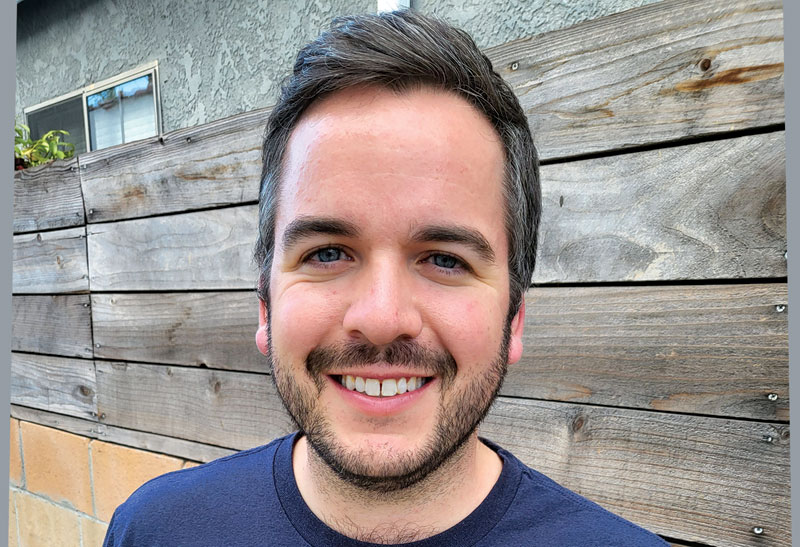
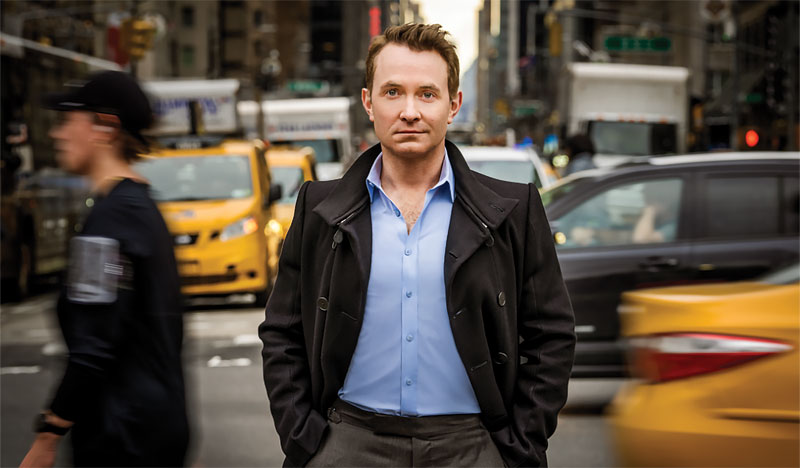

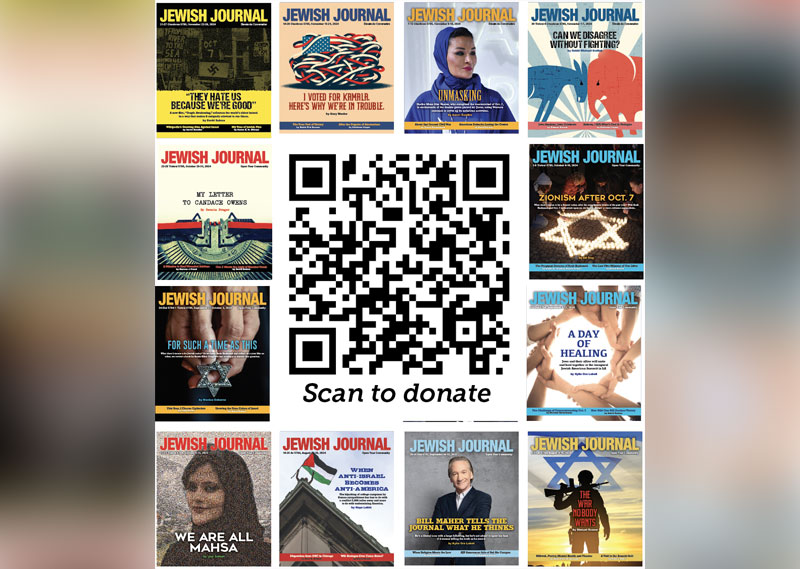
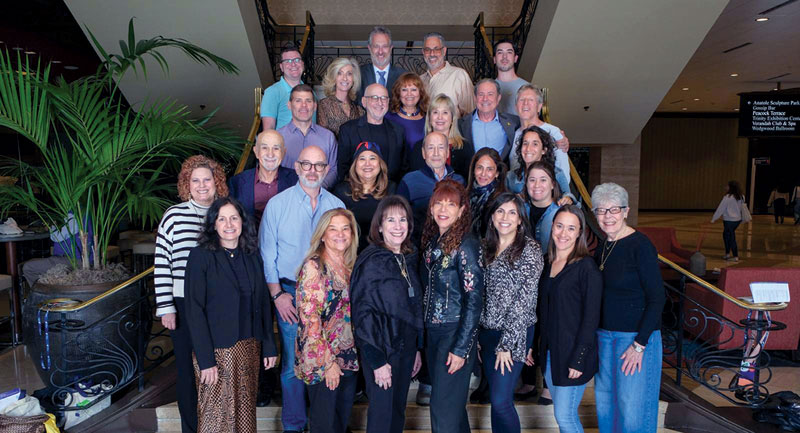
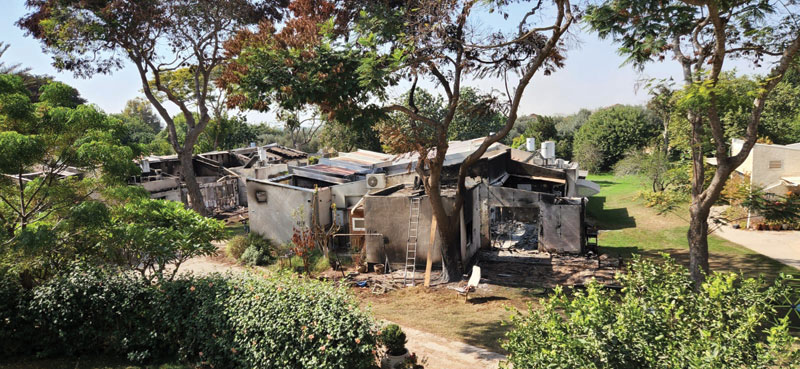
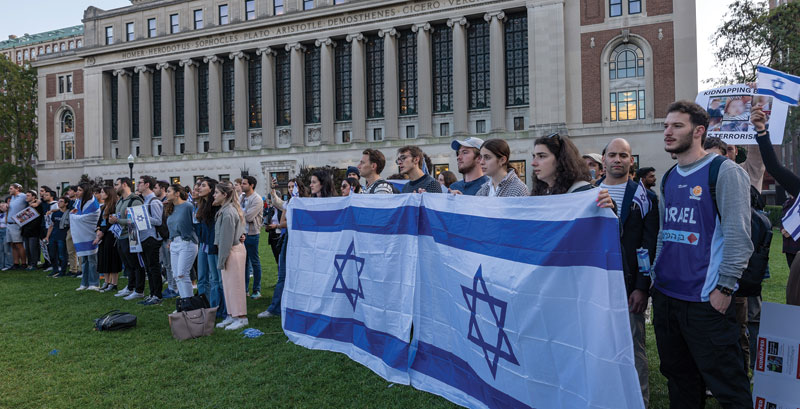






 More news and opinions than at a Shabbat dinner, right in your inbox.
More news and opinions than at a Shabbat dinner, right in your inbox.